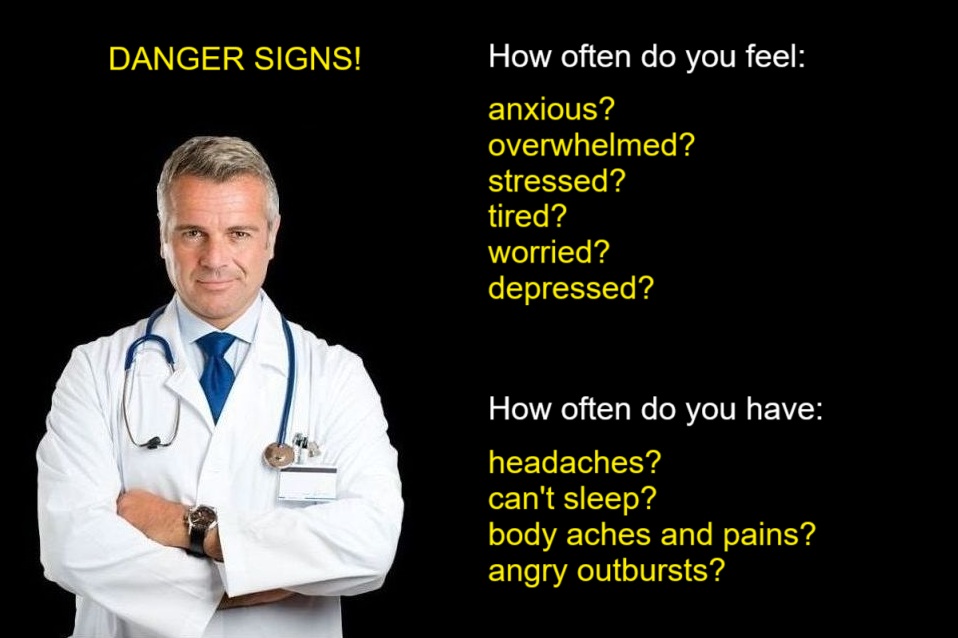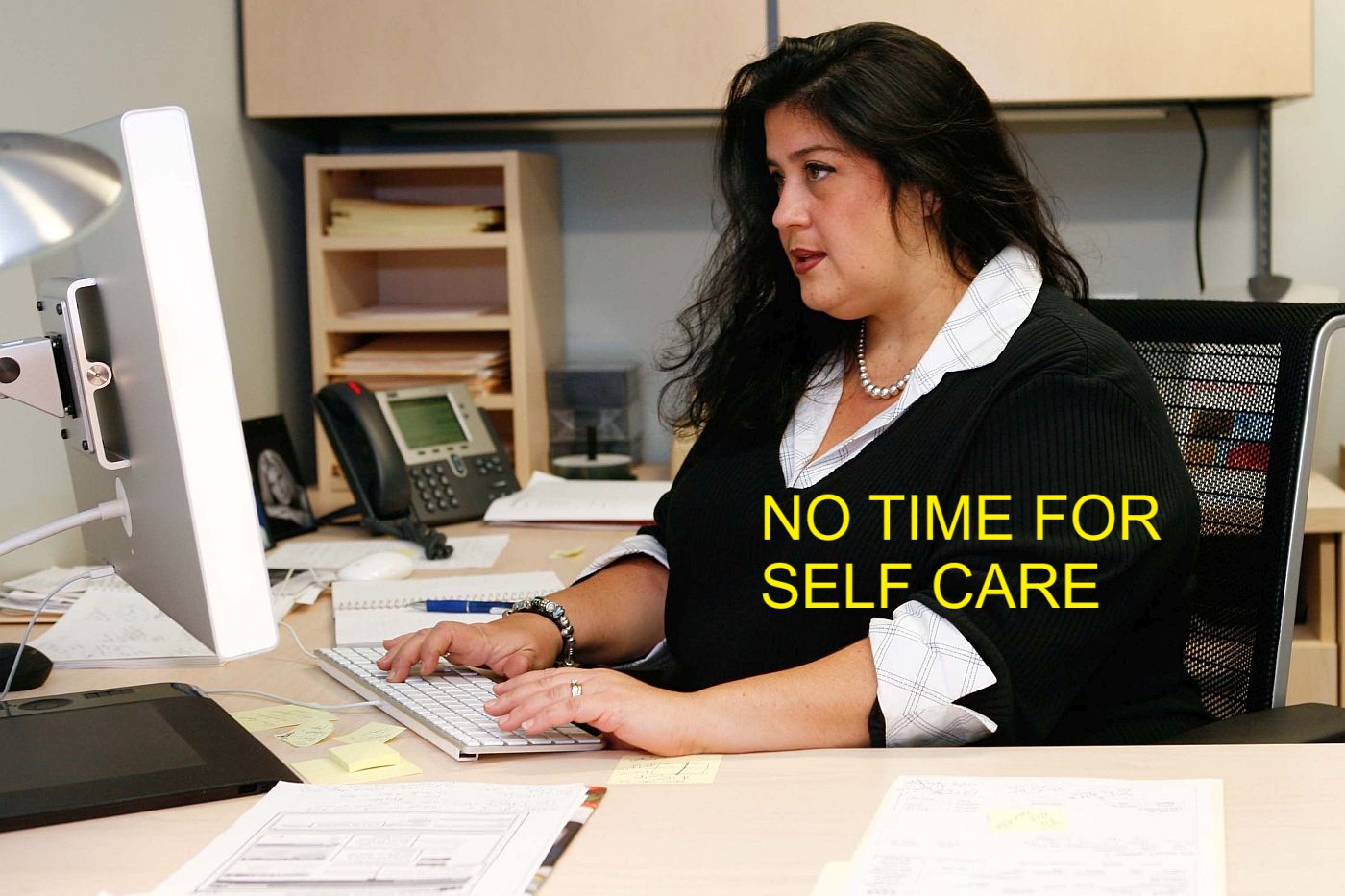Mental illness casts a long shadow, extending far beyond the individual struggling with its symptoms. While the personal battles fought against anxiety, depression, and Post-Traumatic Stress Disorder (PTSD) are intensely challenging, the ripple effects often profoundly impact the lives of their families, partners, and friends. This article delves into the often-unseen burden placed upon loved ones, exploring the specific ways these disorders strain relationships, the emotional and practical challenges faced by caregivers, and the strategies for navigating these turbulent waters while safeguarding the well-being of everyone involved.
It’s crucial to acknowledge that this discussion builds upon the understanding established in previous articles in this series. We recognize the escalating rates of anxiety and depression, particularly among Gen Z, Millennials, and Gen X, and the pervasive impact of trauma manifesting as PTSD. We understand the individual struggles, the symptoms that manifest, and the potential pathways to healing. Now, we turn our attention to the intertwined lives affected by these conditions.
The Impact on Spouses and Partners:
Romantic relationships, built on foundations of mutual support, communication, and intimacy, are often the first to feel the tremors of mental illness. Anxiety can manifest as excessive worry and control, leading to strained communication and resentment. Partners might feel constantly pressured to reassure their anxious loved one, walking on eggshells to avoid triggering their anxiety.
Depression, with its characteristic withdrawal and loss of interest, can leave partners feeling isolated and neglected. The inability to share joy, participate in activities, or maintain intimacy can erode the connection and leave the non-depressed partner feeling lonely and overwhelmed. They may feel compelled to take on additional responsibilities, becoming a caregiver rather than an equal partner.
PTSD, with its flashbacks, nightmares, and emotional numbing, presents a unique set of challenges. Partners may struggle to understand the triggers that set off their loved one’s trauma response, feeling helpless and even fearful during episodes. Hypervigilance and emotional detachment can create a distance that is difficult to bridge, leading to feelings of frustration and disconnect.
In all these scenarios, the partner often experiences a significant emotional toll. They may feel:
- Guilt: Wondering if they are doing enough or if they are somehow contributing to their loved one’s struggles.
- Resentment: Feeling burdened by the increased responsibilities and the lack of reciprocity in the relationship.
- Frustration: Experiencing difficulty communicating and understanding their partner’s behavior.
- Anxiety: Developing their own anxiety due to the constant stress and uncertainty.
- Isolation: Feeling alone in their struggles and unable to share their burdens with others.
The Impact on Children:
Children are particularly vulnerable to the impact of parental mental illness. Even young children can sense when a parent is struggling, and the unpredictable nature of mental illness can create an unstable and confusing environment.
When a parent struggles with anxiety, children may internalize these anxieties, becoming overly cautious and worried themselves. They might feel responsible for their parent’s well-being, taking on the role of a caretaker at a young age.
A parent struggling with depression may be emotionally unavailable, withdrawn, and irritable. Children may interpret this as a lack of love or interest, leading to feelings of insecurity and abandonment. They may also struggle with academic performance and social interactions.
PTSD in a parent can create an atmosphere of fear and unpredictability. Children may witness disturbing flashbacks or nightmares, leaving them feeling frightened and confused. Hypervigilance and emotional outbursts can make it difficult for children to feel safe and secure in their own homes.
The long-term effects on children can include:
- Increased risk of developing mental health issues themselves.
- Difficulty forming healthy attachments.
- Behavioral problems.
- Academic struggles.
- Low self-esteem.
The Impact on Extended Family and Friendships:
The impact extends beyond the immediate family. Extended family members and close friends may also experience the stress and burden of supporting someone with a mental illness.
Family members may feel obligated to provide practical assistance, such as childcare, transportation, or financial support. They may also struggle to understand the illness and offer appropriate support, leading to misunderstandings and strained relationships.
Friendships can also suffer as individuals with mental illness may withdraw from social activities and become less engaged in their friendships. Friends may feel uncertain about how to help and may eventually drift away, leaving the individual feeling even more isolated.
Navigating the Challenges: Strategies for Families and Relationships
While the challenges are significant, it’s important to remember that recovery and healthy relationships are possible. Here are some strategies for navigating these difficult situations:
- Education is Key: Understanding the specific mental illness, its symptoms, and its impact is crucial for both the individual and their loved ones. This knowledge can help to dispel misconceptions and foster empathy. Reliable sources of information include mental health organizations, therapists, and support groups.
- Open and Honest Communication: Creating a safe space for open and honest communication is essential. Encourage the individual to express their feelings and needs, and listen without judgment. It’s also important for loved ones to express their own feelings and needs in a respectful and constructive manner.
- Seek Professional Help: Therapy can be invaluable for both the individual struggling with mental illness and their family members. Individual therapy can help the individual to manage their symptoms and develop coping skills. Family therapy can help to improve communication, resolve conflicts, and strengthen relationships.
- Establish Boundaries: Setting healthy boundaries is crucial for protecting the well-being of everyone involved. This may involve limiting the amount of time spent discussing the illness, delegating responsibilities, or taking breaks from caregiving.
- Practice Self-Care: Caregivers often neglect their own needs, leading to burnout and exhaustion. It’s essential to prioritize self-care activities, such as exercise, relaxation, and spending time with loved ones.
- Join Support Groups: Connecting with others who understand the challenges of living with someone with a mental illness can provide invaluable support and guidance. Support groups offer a safe space to share experiences, learn coping strategies, and build a sense of community.
- Advocate for Treatment: Encourage the individual to seek and maintain consistent treatment. This may involve medication, therapy, or a combination of both. Advocate for access to quality mental health care and challenge the stigma associated with mental illness.
- Remember Patience and Empathy: Recovery is a process, not a destination. There will be good days and bad days. Patience, empathy, and unwavering support are essential for helping the individual to navigate their journey.
Conclusion:
The hidden toll of mental illness on families and relationships is undeniable. Anxiety, depression, and PTSD can create significant challenges for loved ones, impacting their emotional well-being, their relationships, and their overall quality of life. However, with understanding, communication, professional support, and a commitment to self-care, families and relationships can navigate these challenges and emerge stronger. By recognizing the ripple effects of mental illness and providing support to both the individual and their loved ones, we can create a more compassionate and understanding society. Breaking the stigma surrounding mental health is paramount so that individuals and families can seek help without shame, paving the way for healing and stronger connections.












